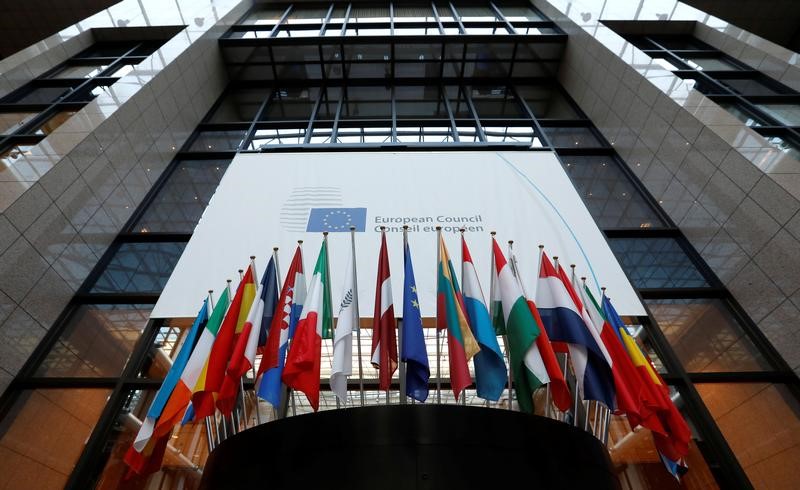By Padraic Halpin and Julien Toyer
DUBLIN/MADRID (Reuters) - Europe's growing number of shaky minority and coalition governments mostly managed to muddle through 2016 but their lack of political strength suggests they will not be pursuing many major policy initiatives in 2017.
Opposition threats to flagship labour reforms in Spain and difficulties passing new residential rental laws in Ireland last week exposed the fragility of incumbents who returned to power this year but in a much weakened form.
Bulgaria is braced for months of uncertainty and threats to necessary economic reforms by the fall of its centre-right minority government, while weeks of policy battles almost toppled minority administrations in Norway and Denmark.
Ahead of 2017's crowded election calendar, these struggles suggest that even if the centre-ground holds in the Netherlands, France, Germany and Italy, some victors may have to get used to rule by compromise and the risks that go with that.
"What electorates want is change, they're just not sure what change and, if you're a minority government, it's very difficult to deliver that while also maintaining some form of credible economic policy," said Commerzbank (DE:CBKG) economist Peter Dixon.
"Rollback (of policy) is a risk. You might end up in a situation where governments are unable or unwilling to push forward on the kinds of policy response that may be needed and if you have weak governments at a time of policy problems, that then leads to additional political risk."
With estimates of planned borrowing next year indicating that euro zone governments have little intention of ramping up fiscal stimulus, that suggests that monetary policy in the shape of the ECB's asset-buying programme will continue to be the main stimulus to the region's economies.
In Ireland, Prime Minister Enda Kenny's minority government relies on the cooperation of the main opposition party Fianna Fail to pass legislation, an arrangement that leaves it with "all of the responsibility, but none of the power", according to Investec Ireland Chief Economist Philip O'Sullivan.
O'Sullivan made the remarks after Kenny's Fine Gael had to battle to secure their rivals' backing for new residential rent controls, a key policy initiative. Kenny has also so far been unable to stop a proposed law, tabled by opposition Fianna Fail, to hand the central bank powers it does not want to set mortgage rates.
"NO BIG BANG"
They did easily agree their first budget in October and the pact has lasted longer than O'Sullivan and others predicted, the kind of makeshift stability Prime Minister Mariano Rajoy is hoping for as he bids to avoid legislative standstill in Spain.
In just six weeks since his new government was sworn in, opposition proceedings have been initiated to scrap prominent education and civil rights laws, with the labour reforms credited for helping Spain rebound from its worst downturn in almost a century next in the firing line.
However Rajoy has signalled he is ready to make concessions to the opposition Socialists, whom he needs to abstain on key votes to govern, and observers believe the two traditionally dominant parties could strike a silent deal to avoid elections.
Indeed such back-room bargaining has allowed neighbouring Portugal's year-old, far-left backed government confound some analysts expectations that it would struggle to survive, instead managing to balance efforts to reduce the budget deficit with rolling back some austerity measures.
"While I don't see any momentum for any big reform, you have countries like Spain where some changes can happen because the incentives of the big parties are aligned," said Antonio Barroso, senior analyst at risk consultancy Teneo Intelligence
"This can make possible a pension reform for instance, which is something investors are looking at. There will be no big bang, but incremental steps can be taken."
However in just getting by, Europe's increasingly fragmented political system is precariously placed and would "certainly not be in the position to put in place the kind of policy measures of 2010, 2011" should trouble hit, Commerzbank's Dixon said.
Governments would find broader support to loosen the purse strings to bolder their economies but that is unlikely to happen anytime soon, he added, an assumption backed up by the estimates of member states' borrowing.

"What we are seeing is a reshaping of the political landscape. We're not entirely sure what form it will take but I'm pretty sure it's not going to be the one that prevailed prior to 2008," Dixon said.